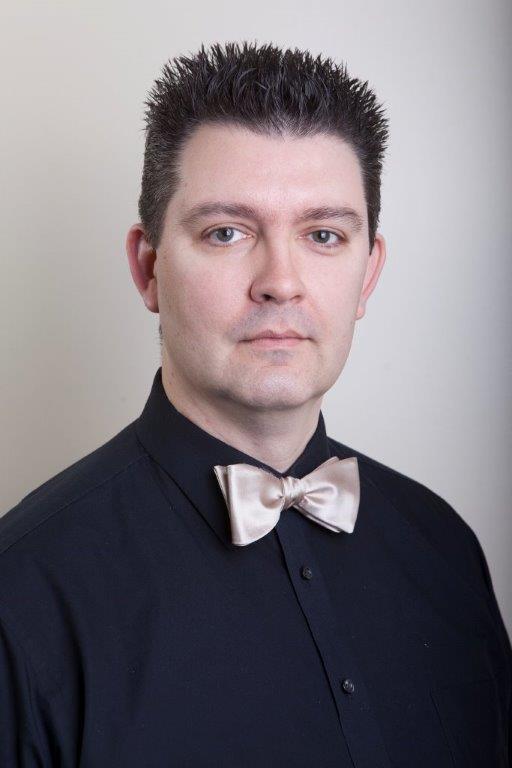David Bowie

Education
- Ph.D., University of Pennsylvania
- B.A., University of Maryland College Park
- A.A., Prince George's Community College
Biography
Dr. David Bowie (yes, that actually is his real name) is a sociolinguist and dialectologist who grew up in Southern Maryland, where fried green tomatoes are an ordinary food rather than just the name of a movie, and people are as likely to use "coke" as a generic term for a soft drink as they are to call it anything else. He bounced around from college to college as an undergraduate, picking up an associate's degree from Prince George's Community College along the way, until he fell in love with (and got a bachelor's degree in) linguistics from the University of Maryland College Park. He then received a doctorate from the University of Pennsylvania, where he focused on the quantitative modeling of linguistic behavior. After that he held faculty positions at Brigham Young University and the University of Central Florida, and came to the University of Alaska Anchorage in 2009, where he is now an associate professor. His early research compared the way people perceive and produce language, though he's since drifted into looking at issues like the connection between language and aging, and the ways individuals express their social identities (particularly religious affiliation) through language. He's begun conducting research on English as it's spoken in Alaska, because there hasn't been very much serious work on that yet (which makes Alaska the last frontier for linguistics, as well), and plans to eventually produce a dialect atlas of all of the Englishes spoken in the state.Teaching Responsibilities
- Dialectology
- English Grammar
- History of the English Language
- Linguistics
- Research Methods
- Sociolinguistics
- Stylistics
Research Interests
- Alaska English
- Dialectology
- Language and Aging
- Language and Identity
- Western American Englishes
Publications
Bowie, David. 2021 (forthcoming). English in the north: The vowels of Southcentral Alaska. In Valerie Fridland, Tyler Kendall, Betsy Evans & Alicia Wassink (eds.), Speech in the western states: Volume 3: Understudied varieties. Durham, North Carolina: Duke University Press.
Bowie, David. 2021 (forthcoming). Dialect, theoretical aspects of: Age. In J. M. Stanlaw (ed.), The international encyclopedia of linguistic anthropology. Chichester, England: Wiley-Blackwell.
Bowie, David. 2019. Individual variation in the development of the Western Vowel System of Utah. Linguistics Vanguard 5. Article 20180020.
Bowie, David. 2019. A guided tour of dialectology: Review of Charles Boberg, John Nerbonne & Dominic Watt, The handbook of dialectology. American Speech 94. 397–401.
Bowie, David. 2017. Early development of the Western Vowel System in Utah. In Valerie Fridland, Tyler Kendall, Betsy Evans & Alicia Wassink (eds.), Speech in the western states: Volume 2: The inland states, 83–105. Durham, North Carolina: Duke University Press.
Baker-Smemoe, Wendy & David Bowie. 2015. Linguistic behavior and religious activity. Language & Communication 42. 116–124.
Bowie, David. 2015. Phonological variation in real time: Patterns of adult linguistic stability and change. In Anja Voeste & Annette Gerstenberg (eds.), Language development: The lifespan perspective, 39–58. Amsterdam, The Netherlands: John Benjamins.
Bowie, David & Malcah Yaeger-Dror. 2015. Phonological change in real time. In Patrick Honeybone & Joseph Salmons (eds.), The Oxford handbook of historical phonology, 603–618. Oxford, England: Oxford University Press.
Ozuru, Yasuhiro, David Bowie & Giulia Kaufman. 2015. Relation between understanding and agreeing in response to one-sentence assertion. Language and Cognition 7. 36–67.
Ozuru, Yasuhiro, Kenrick Mock, David Bowie & Giulia Kaufman. 2015. Why do people disagree
with a statement they do not understand? Relations between comprehension and evaluation
of a simple assertion. Journal of Cognitive Psychology 27. 755-770.









